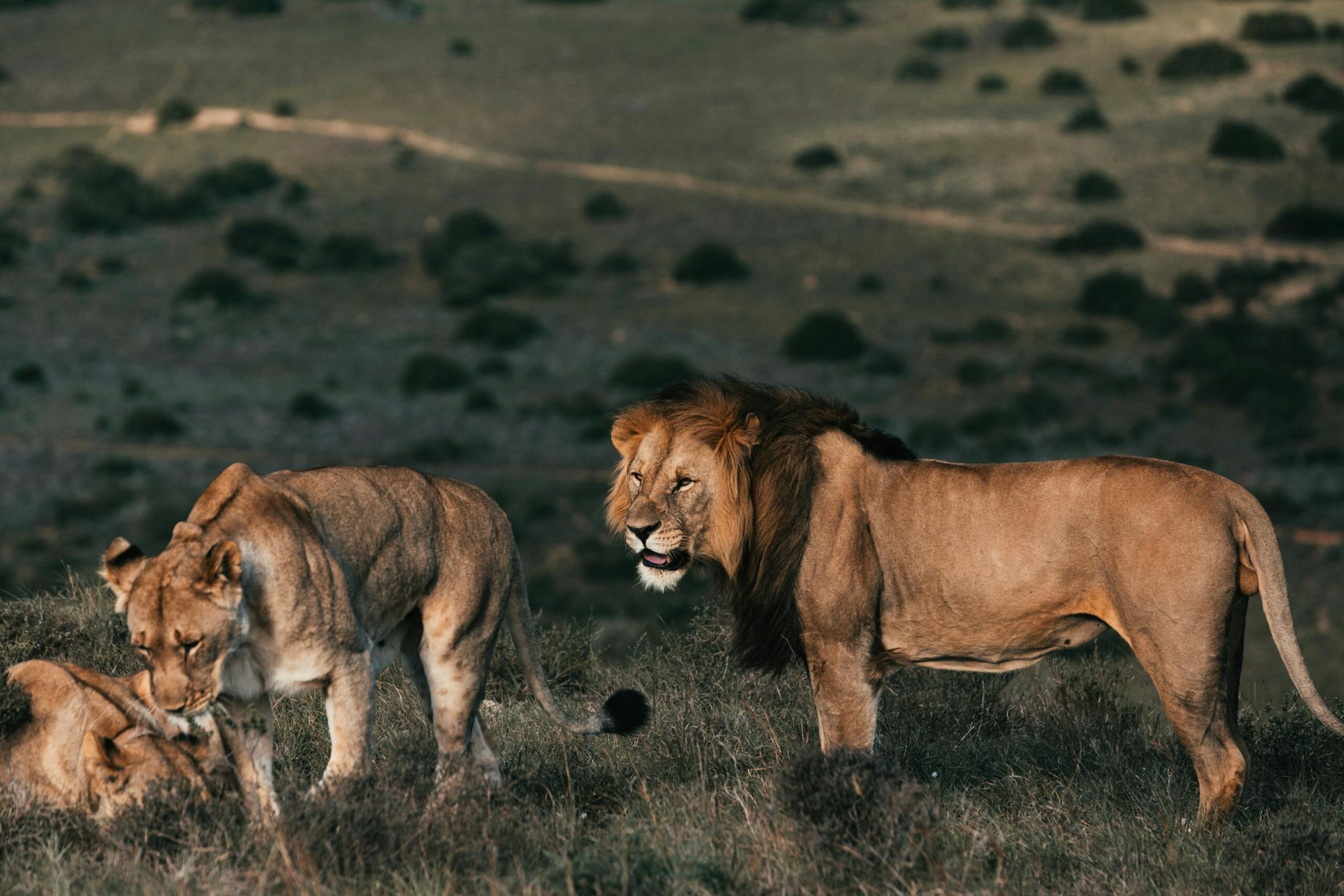Hunting is more than just a pastime or a sport—it is a tradition that binds generations, a profound connection to nature, and a personal journey that transcends the simple act of pursuing game. In the modern world, where convenience and technology dominate our daily lives, hunting offers something more primal: a return to the roots of survival, self-reliance, and a deep respect for the environment.
The Timeless Tradition
The practice of hunting dates back to the dawn of human civilization. Our ancestors relied on their wits, skill, and endurance to track and harvest game, ensuring their survival. While the methods have evolved with time—shifting from spears to bows to firearms—the essence of hunting remains unchanged. It is still about patience, discipline, and understanding the natural world. For many, hunting is not just an activity; it’s a rite of passage, a ritual that has been passed down through generations, cementing bonds between family members and friends.
In the United States, hunting is deeply ingrained in the cultural fabric. From the wilds of Alaska to the heart of the Midwest, the hunt is a common thread woven through the lives of millions. The tradition carries with it not just the thrill of the chase but also a deep sense of responsibility. It’s about more than filling a tag; it’s about respecting the land, honoring wildlife, and ensuring future generations have the same opportunity to partake in the experience.
A Connection to Nature
For those who step into the wild in pursuit of game, the experience is about far more than just harvesting an animal. It’s a communion with the natural world, a moment of solitude and reflection that is increasingly rare in our fast-paced, technology-driven society. The quiet of the forest, the rustle of leaves, the distant call of a bird—all of these small details become magnified when you’re out in nature, hunting.
Every step in the woods is a lesson in patience. The hunt requires one to read the landscape—understanding wind direction, recognizing animal tracks, interpreting the signs left by the creatures that call the forest home. It’s a mental and physical challenge that demands focus and respect. The hunter must become part of the environment, attuned to its rhythms, and in many ways, an extension of the wilderness itself.
Whether you’re hunting deer, elk, or birds, each species brings its own set of challenges and rewards. The pursuit of a whitetail deer is vastly different from hunting waterfowl, just as stalking a bear presents its own unique risks. But all forms of hunting offer a deep sense of achievement, not just in the success of the hunt but in the learning that comes from it. Each time you venture out, you become a little more attuned to the land and the creatures that inhabit it.
The Ethics of Hunting
One of the most vital aspects of hunting is the ethical responsibility that comes with it. Modern hunters are stewards of the land, committed to preserving wildlife populations and ensuring that future generations can experience the same connection to nature. Ethical hunters respect hunting seasons, bag limits, and regulations that exist to preserve the ecosystem. They understand that hunting is not just about the pursuit of trophies; it is about maintaining balance within the ecosystem.
The role of conservation is often overlooked in mainstream discussions about hunting, but it’s a cornerstone of the practice. Many of the most successful wildlife conservation efforts in North America are funded by hunters, who contribute to programs that protect habitats, manage populations, and restore endangered species. The hunting community is one of the largest supporters of wildlife management programs, and their advocacy has led to the recovery of species like the wild turkey, bison, and elk.
The Thrill of the Chase
At its core, hunting is about the thrill of the chase—the anticipation that builds as you track your prey through thick underbrush, the quiet adrenaline of seeing your quarry through the scope of your rifle, the moment when time seems to slow as you take aim. But this rush is tempered by a deep respect for the animal and an understanding that this is a privilege, not a right. The moment a hunter pulls the trigger is a moment of reflection. It is a recognition of the bond between hunter and prey, where every action is deliberate and intentional.
Yet, the thrill of the chase is not just about success. For many hunters, it’s the very pursuit, the time spent in nature, and the camaraderie shared with fellow hunters that make the experience so fulfilling. The campfire stories, the shared meals, the sense of community—these are the moments that linger long after the hunt is over. Hunting, at its best, is a celebration of life, friendship, and the great outdoors.
The Gear and the Preparation
No discussion of hunting would be complete without touching on the gear. The right equipment can make or break a hunt, and in a way, it becomes an extension of the hunter themselves. A reliable hunting rifle, a well-fitting pair of boots, a sturdy jacket that stands up to the elements—these tools are not just functional; they are essential to a successful, comfortable hunt.
The preparation that goes into hunting is as much a part of the journey as the hunt itself. It’s the early mornings spent checking equipment, the long hours spent reviewing maps, the careful planning that ensures everything goes smoothly once you’re in the field. For many, the ritual of preparation—polishing rifles, sharpening knives, selecting the perfect camouflage—is as satisfying as the hunt itself. It’s a labor of love, a way to honor the time, effort, and tradition that goes into every hunt.
Personal Growth Through Hunting
Hunting is a deeply personal experience. It challenges your body and your mind, tests your limits, and pushes you to grow in ways that few other activities can. The quiet moments spent alone in the woods offer a time for reflection, and the challenges encountered along the way force you to become more resourceful, more patient, and more connected to the world around you.
The lessons learned in the field extend beyond hunting itself. They teach perseverance, respect, and an appreciation for the fragility of life. They cultivate a sense of humility, recognizing that every hunt, successful or not, is a gift. Hunting teaches us that success is not always defined by the outcome, but by the journey, the lessons, and the experiences gained along the way.
Conclusion
Hunting is a celebration of the relationship between humans and nature. It’s an art form, a tradition, and a way of life that has stood the test of time. For those who partake in it, it offers not just the thrill of the chase but a deeper connection to the land, the wildlife, and themselves. Whether it’s the solitude of a solo hunt or the camaraderie of a group expedition, hunting remains a testament to the enduring bond between man and the wild. It is a journey that begins long before the first shot is fired and continues long after the hunt is over. It is an experience that shapes us, molds us, and reminds us of the beauty and complexity of the world around us.


